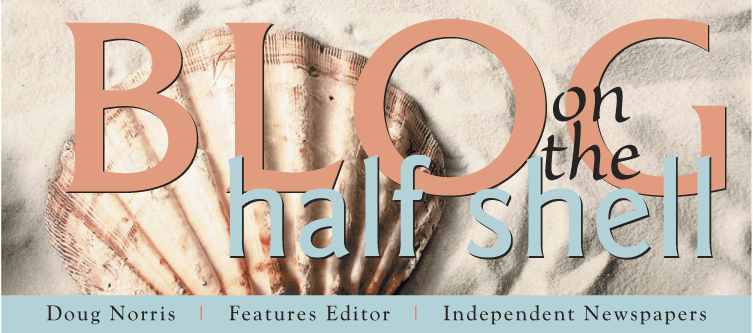Few books capture the relationship between baseball and the working-class players and fans hooked by the game better than Dan Barry’s “Bottom of the 33rd,” subtitled “Hope, Redemption and Baseball’s Longest Game.” Barry, a national columnist for the New York Times and former Providence Journal writer, revisits April 19, 1981, a cold and raw night in Pawtucket, when the Rochester Red Wings and Pawtucket Red Sox played the longest game in professional baseball history – a game that didn’t end until later that summer after being mercifully suspended at the end of the 32nd inning.
It’s a book full of gems, and its accordion-like structure, in which we experience a moment imbedded in the game – an at-bat, a player on base, a pitcher toeing the rubber – before pulling back as the author frames the life, moving from boyhood dreams to (mostly) broken dreams, captures the hard road and loss of innocence for the many who don’t make it. Rhode Islanders will enjoy the local history and colorful details that bring the book to life, with references to Pawtucket landmarks like the Mei-King, the Modern Diner, the Wiener Genie and McCoy Stadium’s slow transformation from dive to minor league field of dreams.
Barry captures sense of place beautifully, as one short sequence illustrates:
Hope, after all, is the motto of Rhode Island. Hope has a seat on the public buses, those thirty-five-foot green whales, their insides musty with urine at certain hours of the day, sighing through their blowholes as they stop and start past machine shops and old mills. One of the drivers, Scott Molloy, who will soon embark upon a long career in academia, is occasionally assigned the Pawtucket route. And for all the urban despair he sees, especially late at night, when that despair assumes the drape of gloom, he is struck by a small group of ragtag Pawtucket regulars, a couple of white guys, a black guy, and a woman, who routinely make the transfer to the dog track in Lincoln. Broken people, really, but made whole somehow by one another, and by the shared hope of a winning day at the track – of returning home on a RIPTA bus with a hundred-dollar score on a two-dollar bet. Never happens. Maybe tomorrow.
For lifelong Red Sox fans, there is much to savor, even if it is mostly painful memories. Playing for Rochester during baseball’s longest game was Cal Ripken, Jr., who would be the sport’s golden child in the majors, breaking Lou Gehrig’s consecutive games streak and quite possibly saving MLB from years of apathy following revelations of historic records shattered with the help of steroids from some of the game’s biggest stars. Playing for Pawtucket that night were Wade Boggs, Bruce Hurst, Marty Barrett, Rich Gedman and Bobby Ojeda, all of whom would meet a few years later when Ojeda’s Mets would defeat a Red Sox team made up in part of former PawSox teammates in a World Series that wrote another dramatic chapter in Boston's litany of epic collapses. Here’s how Barry writes it:
All of this is five years in the future, and far, far from Pawtucket. That ground ball hit by Wilson; that error made by Buckner; that series-ending, knife-in-the-heart moment when Jesse Orosco launches his glove high into the New York night after striking out Marty Barrett. Marty is here now, harvesting and tossing away the infield pebbles that might lead to bad hops around second base. And Wade Boggs, who will weep in the Boston dugout after that World Series, is here, muttering curfew, curfew, isn’t there any such thing as a curfew. And Rich Gedman, who will be unable to block an errant Bob Stanley pitch in the 10th inning of that fateful Game Six, allowing the Mets to tie the game, is in the bullpen, having left the game hours ago. And Bobby Ojeda, Hurst’s brother in the slightly odd fraternity of left-handers, somehow convinced Joe Morgan to let him go home a few innings ago. Ojeda will also appear in the 1986 World Series, but for the New York Mets. In the moments leading up to the climactic seventh game of the World Series games, the two former teammates will spot each other, one in a Red Sox uniform, one in a Mets uniform, and their eyes will lock in wordless communication, conveying so much, including: Pawtucket.
Of all the Shea Stadium revelry that followed the last out of the World Series, Ojeda will remember one moment above the rest. He sees them now, two Red Sox players making their way through the champagne-soaked chaos of the Mets jubilant clubhouse, through a party at their expense. Boston’s starting battery for Game Seven: Bruce Hurst and Rich Gedman, his Pawtucket brothers, coming to hug him and offer their heartfelt, heartbroken congratulations.
“I won’t ever, ever forget it,” Ojeda will say.
What is your favorite McCoy Stadium memory?


No comments:
Post a Comment